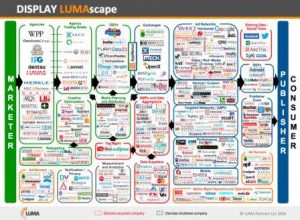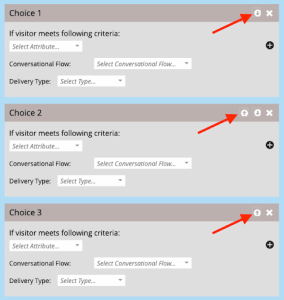— March 5, 2018

The simple answer is yes.
The slightly more complex answer is always.
As noted in this post I wrote about Microsoft’s Kati Quigley and her thoughts on Everyday Negotiation it is not necessary to be a natural born negotiator.
Some people are born this way. If you happen to be one of them … congratulations. If you aren’t, I’m sure you’ve got more than a few experiences where you found you either really liked or really hated the experience of negotiating.
The good news is … you can learn to be a better negotiator.
Negotiation is the ability to bring about compromise between two or more people while manipulation seeks to satisfy only one’s own wishes.
Taking the time the understand the basics and to prepare before you go into your next negotiation can pay big dividends.
As you can expect, when you improve your negotiation skills you begin to standout in your career. Of course, there is more to a career than negotiation, but when you think about it you negotiate before you start a job and sometimes as you exit a role too. So, it’s a good idea to improve your understanding of negotiation,
Manipulation is Not Negotiation
The one-sided experience of manipulation deserves a moment of time.
The Car Dealership Dilemma
Car dealerships are one of the most common examples of challenging negotiations. A lot of people may love the idea of buying a new car, but many dread the idea of shopping for one. This is why no-haggle car buying has become popular.
If you’ve ever shopped for a car you probably experienced some of the most direct, and often one-sided types of negotiation. Most people don’t like this type of “negotiation” and will do everything they can to avoid it. The fact is that’s not negotiation that is manipulation. I’m not denigrating car sales professionals. There are other sales roles where manipulation is de rigueur. Avoid it when you recognize it’s happening.
There are entire schools of thought around the psychology, sociology and anthropology of manipulation in order to sell you something. And, that may be why so many people avoid negotiating. Manipulation is often a monologue. One party trying to convince (force) you into a situation that is one-sided.
Negotiation is a Dialogue
When you are in a negotiation you’ll probably know it. You’ll feel and see the back and forth. You’ll believe you have the option to contribute, to counter, to accept or decline, and to walk away. A good negotiating experience allows all parties to know they worked together to assemble a reasonable offer that suited the needs of all parties.
Five Tips to Improve Your Negotiating Skills
From Kati Quigley’s Negotiating Tips
- Don’t ask for one thing at a time – Lay out what you want to ask for. You may think you are tipping your hand, but the reality is that you are setting the stage for securing a deal.
- Have Options – In parallel to Tip #1 make sure you have considered options. Also, prepare yourself to hear things to may not have anticipated.
- Good Negotiation Takes Practice – This is not a surprise. Practice whenever you can.
- Using Questions for Clarity – To insure you understand (Habit 5 – Seek First to Understand – Stephen Covey) ask clarifying questions. If the other side isn’t willing to answer your question you may need to step back from the negotiation. To get to the root of the issue you may want to use The Five Why’s
- Curve Balls Happen – Be willing to consider things you had not expected or envisioned. Be willing to take a pause and re-visit the conversation after you’ve had time to research, evaluate, and perhaps check with your colleagues.
To Negotiate is to be Human
The reality is that we are always negotiating. Whether it’s with ourselves, our spouse, our friends, our colleagues, and of course our bosses, customers and business partners.
It’s better to be prepared and ready. That’s what Kati’s points highlight. There is always room to improve.
So, Are we negotiating?
Yes and always. Be prepared.
Business & Finance Articles on Business 2 Community
(82)
Report Post









